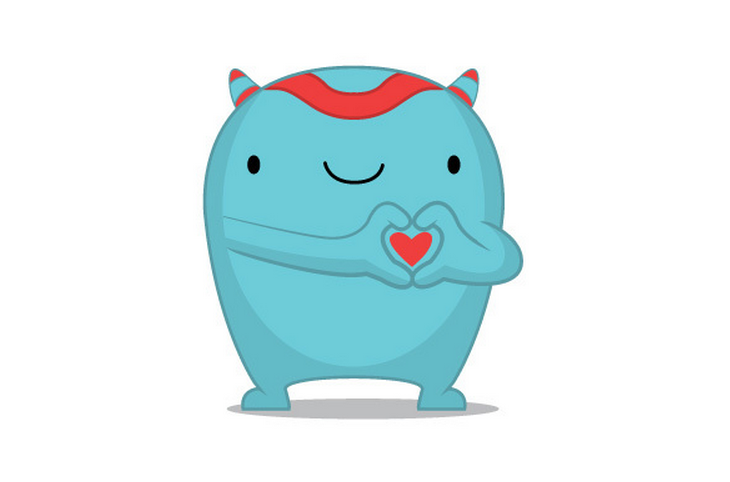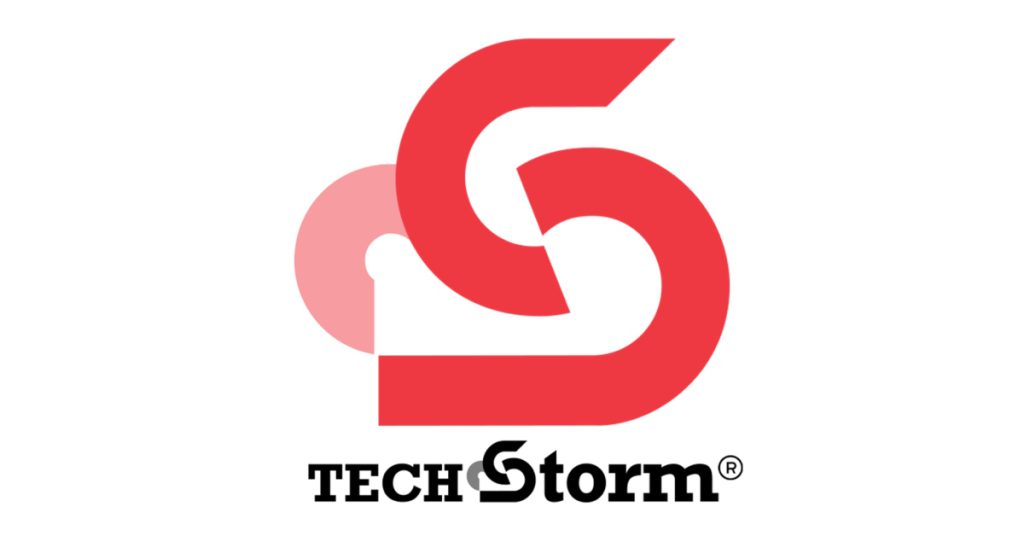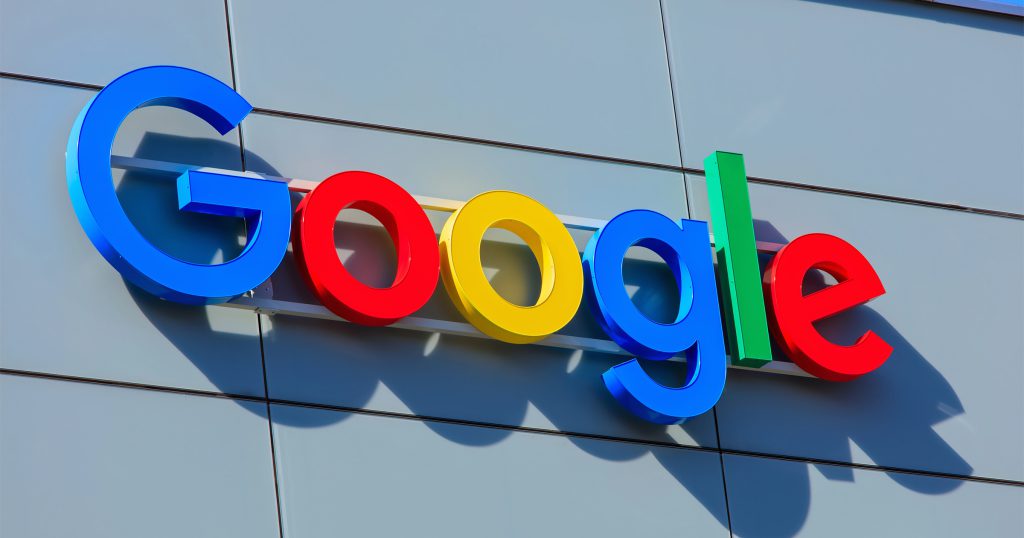Facebook CEO Mark Zuckerberg took a lot of heat when users were forced to download and use Facebook Messenger to message their Facebook friends. In a recent public question and answer session in San Francisco, other than explaining his reason for always wearing the same grey T-shirt every day, Zuckerberg was also asked to explain his ‘Messenger’ actions to disgruntled Facebook users.
In a nutshell, Zuckerberg did what he did with Facebook and Facebook Messenger because he recognised that messaging is the biggest social media platform and therefore it deserves a standalone app for that sole purpose.
What I don’t understand is: Why is there so much hate for Facebook Messenger?
I did a quick survey on what some people thought about Facebook’s messaging app and these were some of the issues raised when questioned about why they dislike using the app.
“I feel like my privacy is being invaded.”
One of the initial concerns raised were regarding its user permissions and privacy concerns. Many took to various social media platforms, Facebook included, to fret about the app’s access to their camera, messages, contacts, and location. However, a closer look at the permission requests of other messaging apps would prove to show that these concerns are unnecessary.
The following shows a comparison between the permission requests of Facebook Messenger, Whatsapp, and Viber:
(click to enlarge)
As you can see, the permissions that are requested by Facebook Messenger is pretty much the same as the two other popular apps WhatsApp and Viber. If so, then why are users causing such an uproar towards Facebook Messenger? If these are legit reasons to not download Facebook Messenger, then why bother to use WhatsApp or Viber, and other similar messaging apps?
The fact of the matter is, now with every website and app out there trying to create links with one another, it should be no surprise that most, if not all, of these apps are requesting for permissions to access our personal information. For Gmail to provide us with accurate information, for example, it would require permission to access our contacts, location, search queries, logs, and more.
I understand that the concern is about what the information gathered might be used for, unfortunately, that is one concern that is widespread in this technological age, and not just with Facebook. If you truly want to be 100% safe, I think the best would be to not download any app or use any website that requires you to give them access to any of your personal information.
“I don’t like being forced to download another app just for messaging.”
Well, to be fair here, it really isn’t that big of a change. We already have separate apps on our phones which are specifically used for messaging, like WhatsApp, Viber, WeChat, LINE, and so many more. What’s one more messaging app to that whole line-up?
Besides, if you have both the main Facebook app and Messenger downloaded on your phone, if you click the message tab within the main app, it automatically directs you to Messenger. So you don’t actually have to exit Facebook, and enter Messenger as an entirely separate app to message your friends. One might also argue that for someone who wants to only message his/her friends without being distracted by updates from the Newsfeed or other Facebook related features, using the Messenger is a lot more direct and straightforward.
Zuckerberg has made it clear that Messenger is built to be a communications platform for people who want to be reachable at all times. Coupled by the fact that according to their research, users get replies 20% faster on Messenger than on Facebook, I think that this move is a win-win situation for all.
“WhatsApp has an easier interface, it’s convenient and I feel more in control.”
I do agree that WhatsApp has a pretty good and clean interface that is both user-friendly and pleasant to the eyes; however, in terms of convenience and features, I’m sorry but in my opinion, Messenger wins by a mile. Let me show you why.
It has a much quicker way to send pictures to your friends. You don’t have to open your image gallery because your pictures will be shown at the bottom, from the most recent image you’ve taken to the later ones, and you can just send a picture to your friend from that list.
Want to specifically point out something in the picture? You can even edit your pictures before you send them. Simply add a text or draw directly on the image before sending it by clicking on the pencil icon.
In a rush and you want to send a quick picture? No problem. By clicking the camera tab, you can take a picture directly from the Messenger app without having to access your camera app in your phone.
Sending a voice note is just as easy as in WhatsApp because you just have to hold down the button to record your message and it will be sent right over to your friend.
And to top all of these, Messenger has one thing that other messaging apps do not have – chatheads. These small round tabs sit nicely on your homescreen and your other apps, enabling you to reply your friend whenever you want to without having to switch apps. This, for me, is the cherry on the top of the cake that is Messenger.

“It’s just too much blue for me.”
What?? Are you a colour-ist?
It seems that when it comes to Messenger, the people are clearly divided into two camps. You either love it or you hate it, there doesn’t seem to be a distinct middle ground here. As the famous Taylor Swift likes to imply in most of her music, ‘haters gonna hate’, meanwhile I will enjoy using the Messenger app as much as (or even more) the other messaging apps I use.



















